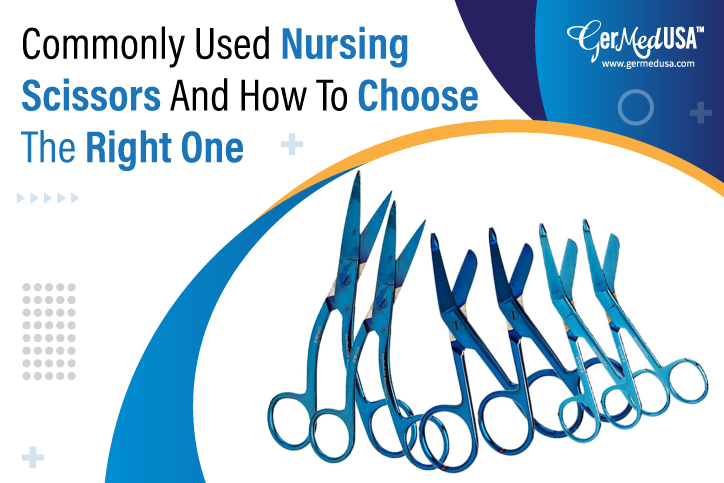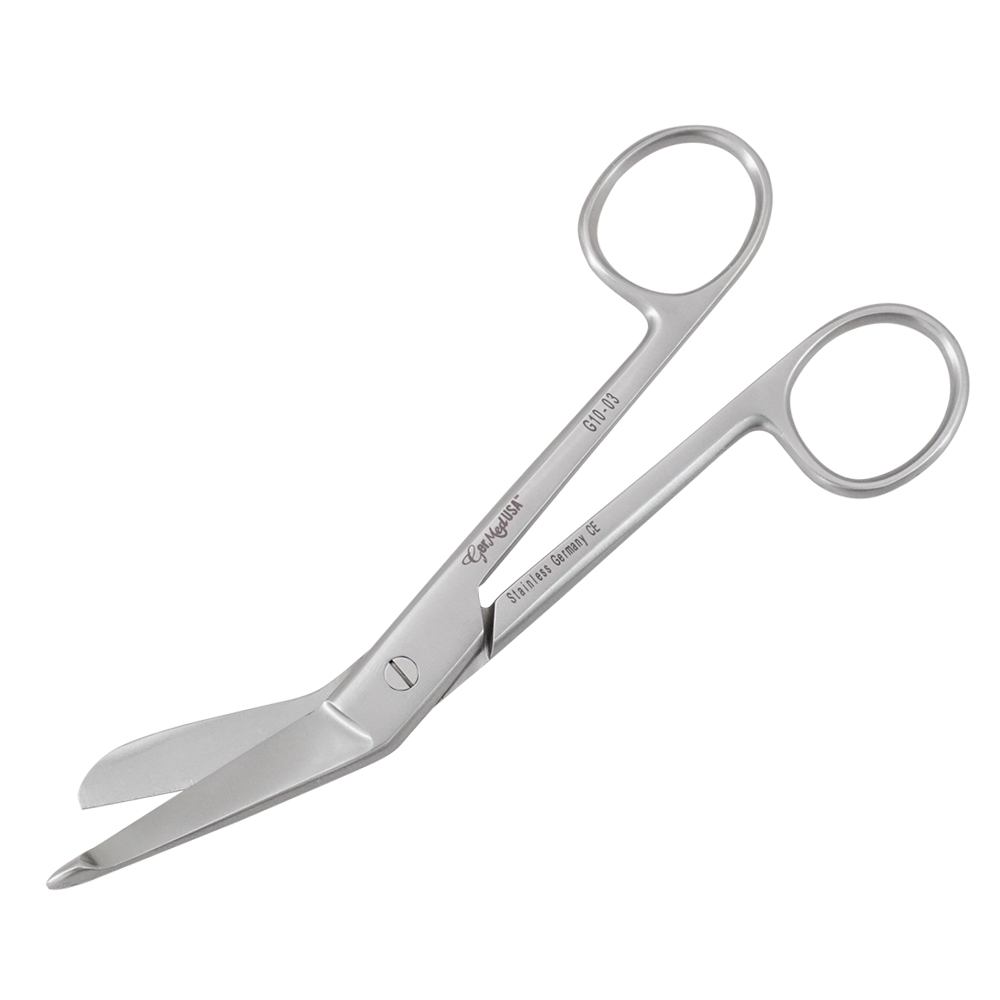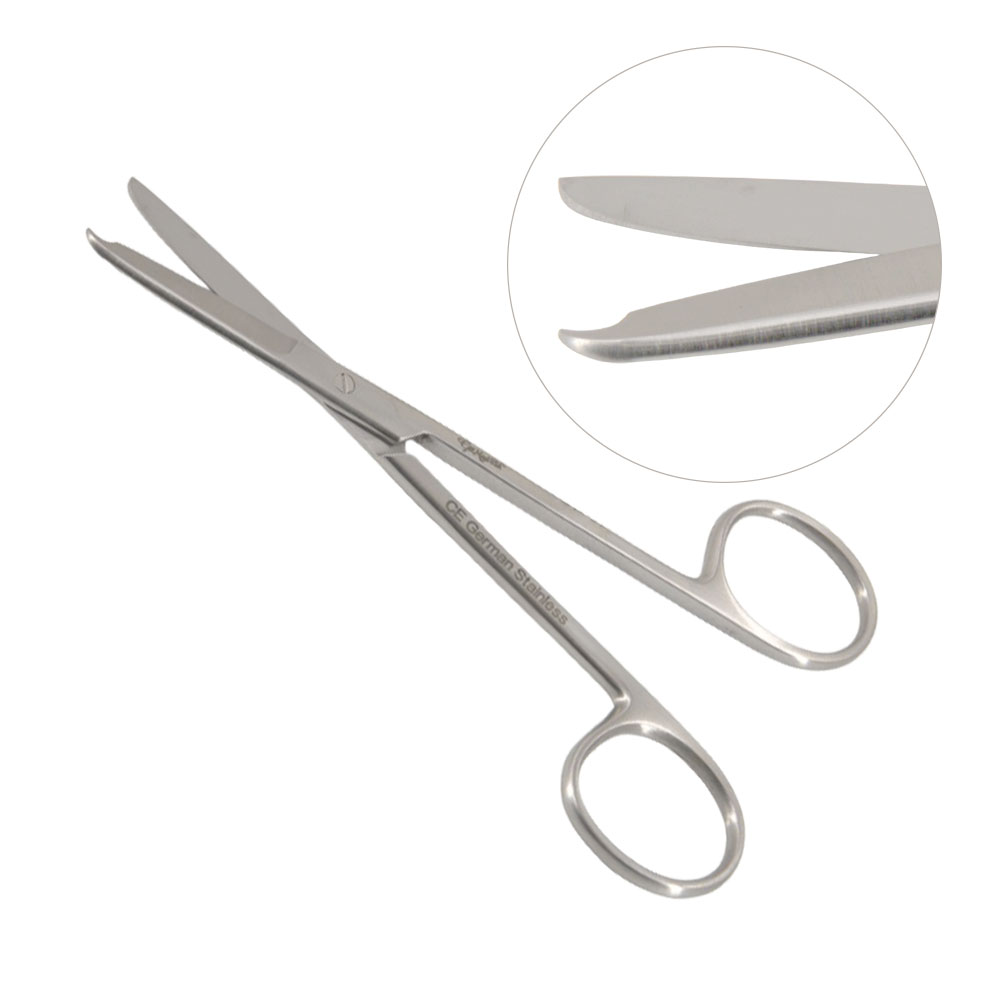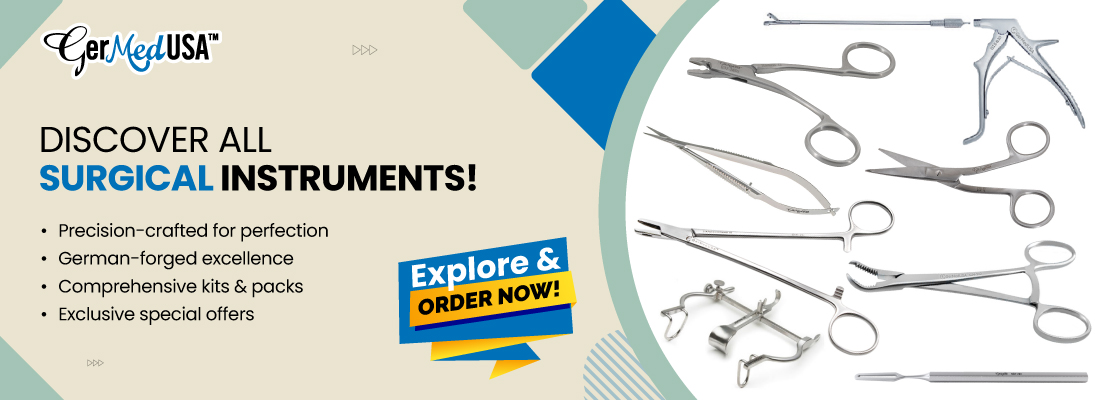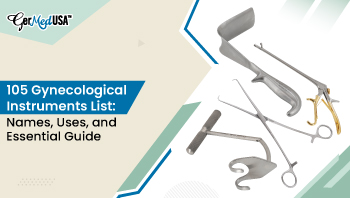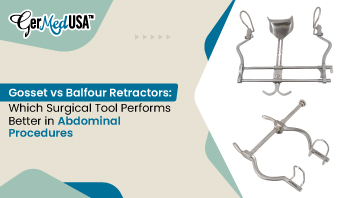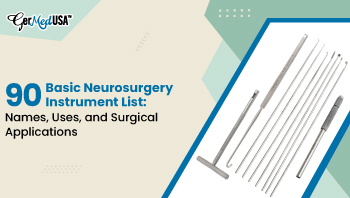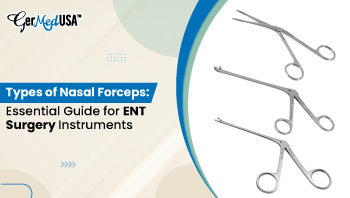Shopping Cart
-
 Autem ipsa ad 1 x $145.80
Autem ipsa ad 1 x $145.80 -
 Tenetur illum amet 1 x $150.80
Tenetur illum amet 1 x $150.80 -
 Non doloremque 1 x $165.80
Non doloremque 1 x $165.80

